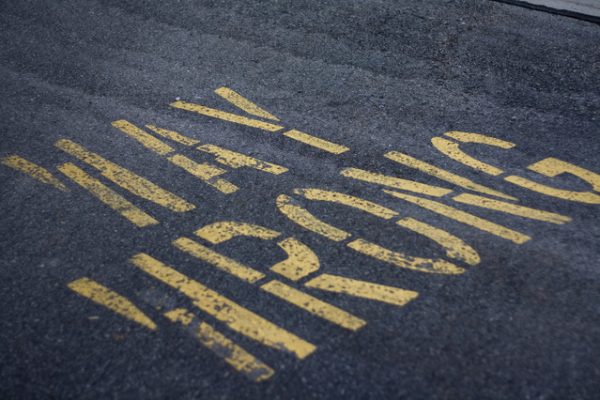
When faced with challenging people and/or life circumstances, too often we do the opposite of what’s most helpful. Something in our fallen nature instinctively focuses externally rather than internally when we’re met with resistance. That’s not to say we should never try to change our circumstances or change another person’s mind who’s in disagreement with us.
When faced with someone opposed to us, scripture encourages us to look at our own lives first before we try to change others (Matthew 7:3-5). Focusing on changing another without honest introspection first is naivety at best and outright hypocrisy at worst. When we try to take responsibility for another person, we lose sight of taking responsibility for ourselves. Said another way, focusing on changing others as our primary objective tends to make us irresponsible people. That’s backwards. Besides, if the other person is resistant to change, trying to do so only amounts to manipulation. The more we try to take responsibility for someone else, the more likely we are abdicating our own responsibility.
Instead, when we face opposition, we should first look to see if the Holy Spirit is convicting us of any change that needs to take place on our side of the equation. If so, these take priority. After doing this, we may find that the speck in the other person’s eye has disappeared, for it may have only been something we saw through our own distorted lens. If we still see the speck, we will have more objectivity to help and (if allowed) do so with more grace and humility from a pure heart rather than a manipulative agenda.
When faced with life circumstances that threaten our path, seeking to change the circumstances isn’t wrong. However, it’s often helpful to first seek the Holy Spirit’s guidance with regard to what we might learn from such circumstances before attempting to change them. Simply asking the Lord his purpose for allowing our current circumstances puts us under his authority and places us in a humble, teachable position. From there, we can receive instruction on how to proceed in his will, whether the change needs to be an internal shift in attitude and perspective or to boldly face the circumstance in an effort to be God’s agent of external change.
Perhaps these thoughts can be summarized as follows:
- Order matters. We should always first seek change in our own lives and perspective before seeking change in the lives of others.
- Responsibility versus influence. Within God’s economy, we are responsible for ourselves, not for others. Yes, we can seek to influence others. However, it isn’t wise to pursue this until we’ve first sought the Holy Spirit’s guidance to ensure our own lives line up with God’s will in a given situation. Likewise, it’s more prudent to ask how God intends to shape us before we seek his perspective about attempting to change them.
How might this apply in our current relationships, including with our spouse, closest friends or accountability buddies in recovery?
How might this apply in our current challenging life circumstances?

